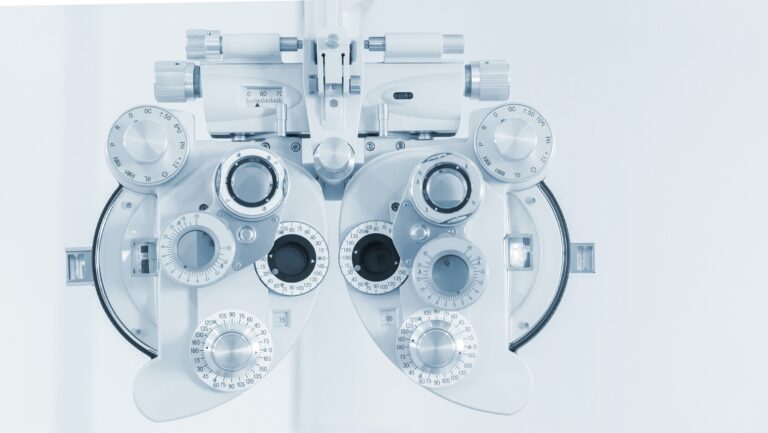
What Is Diplopia?
Diplopia, sometimes known as double vision, is a severe eye condition that happens when you see multiple images or things at once. Double vision is caused by a variety of conditions, and they can range from minor to serious. If you start to notice double vision, we highly recommend scheduling an appointment because this might indicate a severe neurological problem.
At Ophthalmology Associates of the Valley in San Fernando Valley of Los Angeles, CA, our skilled ophthalmologists will holistically assess your condition by reviewing your medical history and symptoms. This will help us determine the underlying cause and tailor a treatment plan that works best for you.
Please contact us in Encino or West Hills to learn more about this serious condition and how we can help you.
What Are Risk Factors Associated with Diplopia?
Risk factors for diplopia include underlying conditions such as diabetes, which can affect the blood vessels and nerves in the eyes, and thyroid disorders, particularly Graves’ disease, which can cause the eye muscles to swell. Neurological conditions like multiple sclerosis or stroke can also lead to diplopia by disrupting the nerves that control eye movement. Trauma or injury to the head or eyes, as well as certain medications, can further increase the risk.
Early diagnosis and treatment at Ophthalmology Associates of the Valley are crucial to managing the condition and preventing complications.
What Are the Symptoms of Diplopia?
If you experience double vision, it may seem like images are overlapping or duplicated. It can also make images look blurry or as if they are sitting side by side. You may experience double vision as the only symptom or it can have other associated side effects, including queasiness, headaches, sagging eyelids, or muscle weakness near the eyes. You may also have amblyopia or lazy eye that causes an issue with double vision.
Different types of diplopia include horizontal, vertical, and monocular. If you suffer from horizontal diplopia, you typically see two images next to each other side by side (horizontally). For patients with vertical diplopia, you see overlapping images with one that looks higher than the other. Monocular diplopia happens in only one eye when the other is shut.
What Are the Causes of Diplopia?
When it comes to determining the underlying reason for double vision, there are numerous conditions that it could be. It might indicate minor eye issues, including dry eye syndrome or more serious vision problems, such as cataracts, keratoconus, and corneal dystrophies. Double vision can also happen to patients who have undergone laser vision correction treatments, like LASIK or PRK.
Also, double vision may be indicative of a severe neurological condition, including stroke, brain tumor, cerebral edema, or a brain hemorrhage. If you’ve suffered from a recent bad head injury, you may see double. No matter the cause, we strongly recommend scheduling an appointment if you have trouble with double vision.
How Is Diplopia Diagnosed?
To help diagnose what is causing the double vision, we will conduct a comprehensive eye exam and diagnostic tests. During this appointment, we will discuss several important things, including medical history, recent injuries or previous trauma, and the timing of your symptoms. If our skilled ophthalmologists think you might have a neurological condition, we may recommend a neurologist who can perform a CT scan or an MRI. Both of these tests will provide a better overview of what is causing the double vision.
How Is Diplopia Treated?
We develop your treatment options for double vision after determining the specific reason for your condition. After your initial appointment, exams, and any additional diagnostic testing, we will develop a tailored treatment that can help manage the symptoms. If we diagnose you with dry eye, our ophthalmologists will usually prescribe specialized eye drops to help keep the eye moisturized. For a more serious eye problem, we may suggest a certain procedure based on the severity of your condition. However, for some patients, double vision is permanent and may require certain types of eyeglasses to help reduce the symptoms.
Diplopia FAQ
Stop Seeing Double
Double vision is a potential sign for a more serious condition, and it may become worse if left untreated. If you have issues with double vision, our ophthalmologists at Ophthalmology Associates of the Valley in San Fernando Valley of Los Angeles, CA can help you diagnose, treat, and manage double vision. We can also refer you to a neurologist if your symptoms are a sign of another serious neurological condition.
If you have trouble with double vision, please schedule an appointment as soon as possible at either of our locations in Encino or West Hills.







